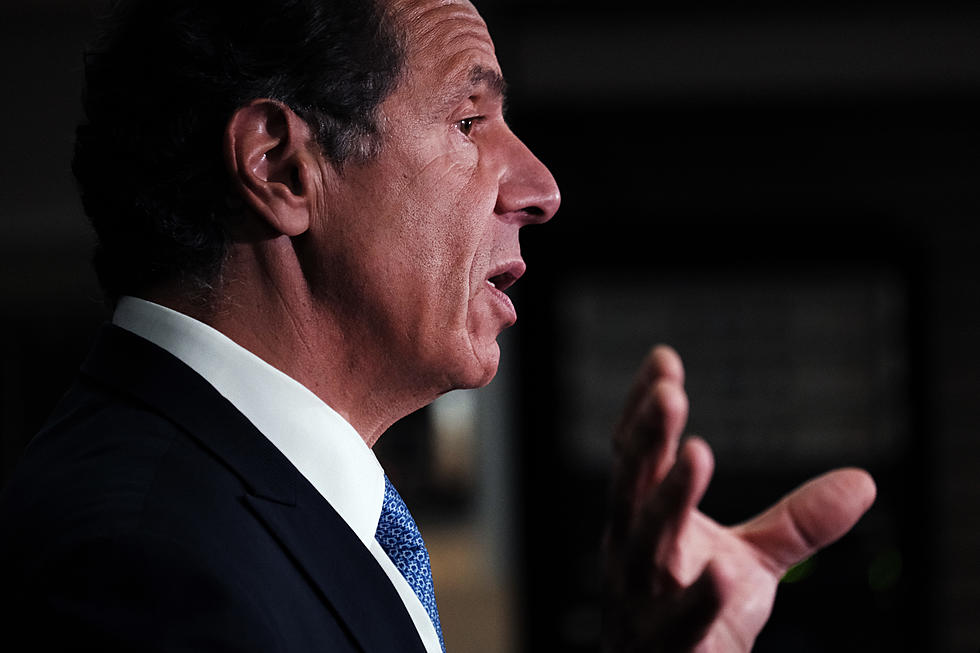
U.S. Honors Holocaust Remembrance Week
Every year the United States Holocaust Memorial Museum honors victims and survivors of WWII. This year’s theme: Confronting the Holocaust: American Responses is an examination of the reaction of the United States to the mass extermination of an estimated 11 million people and a consideration of the responsibility of ending genocide today.
The museum recognized two important anniversaries in the history of the Holocaust: the refugee crisis in the spring of 1939 and the deportation of Hungarian Jews five years later.
“What can we learn today from American action and inaction in the face of the refugee crisis…?” The Museum asked on its website.
“What are the warning signs we should look for to help prevent future genocides? What is our responsibility as a nation or as individuals when confronted with such crimes?”
Each year, Days of Remembrance are observed at military bases, churches, synagogues and schools throughout the country. The Department of Political Science at Texas A&M University-Commerce presented a program last Monday.
“The Holocaust is representative of both the very worst and, ironically, the best in human nature,” said Dr. Jeffrey C. Herndon, Associate Professor and Interim Department Head of Political Science.
“On the one hand, it was the triumph of intolerance. On the other it demonstrates the power of hope and perseverance in the face of the kind of adversity that most people, thankfully, will never experience.”
Nationwide events are designed to promote discussion as people consider the lessons they can learn today from the tragedy. The Museum offered insights on the current crisis in the Ukraine through this historical lens.
“Ukraine is in dire need of a new, more honest and complex historical narrative that reflects all the difficult issues of its history, including its darkest chapters,” The Museum said in an article in the Global Post.
“This timely discussion would not only open the door for dialog among Ukrainians, Jews, Russians, and Poles, but would also invalidate misrepresentations of the nature of the current Ukrainian revolution.”
The museum listed several resources for Days of Remembrance including participating in the World Memory Project. This project is in collaboration with Ancestry.com and creates a crowd-sourced database used to preserve evidence of the Holocaust for future generations.
Other suggestions for Days of Remembrance included hosting a book club, film series, or creating a names wall to honor victims.
“Days of Remembrance is an opportunity for us to remember the suffering that was and the efforts that were made to put an end to such suffering,” Rabbi M. Bruce Lustig of the Washington Hebrew Congregation said.
“It’s a call to conscience today in our world to make sure that we aren’t the silent ones standing by, contributing to the suffering of others.”
The Museum offers further resources to confront genocide today, showing examples from the genocide in Rwanda.
“In 1945, at the end of the war, I would have thought that there would never be another Holocaust, that the world was so shocked by what had happened that the world would not permit that,” Margaret Meissner, Holocaust survivor said.
“And yet you see what happened in Bosnia, what happened in Rwanda, what happened in Darfur. So there’s still millions of people being persecuted because of their ethnicity.”
The Museum stressed the need for critical analysis of history and rejection of indifference to of the suffering of others.
“Memory is what shapes us. Memory is what teaches us,” Estelle Laughlin, Holocaust survivor said.” We must understand that’s where our redemption is.”
More From KTEM-AM
![Bullet Grazed Border Patrol Agent’s Head During School Shooting [PHOTOS]](http://townsquare.media/site/34/files/2022/05/attachment-Screen-Shot-2022-05-26-at-12.27.42-PM.jpg?w=980&q=75)



![Are Texans Being Bullied into Getting The Vaccine? [Poll]](http://townsquare.media/site/154/files/2021/09/attachment-Bullied.jpg?w=980&q=75)


